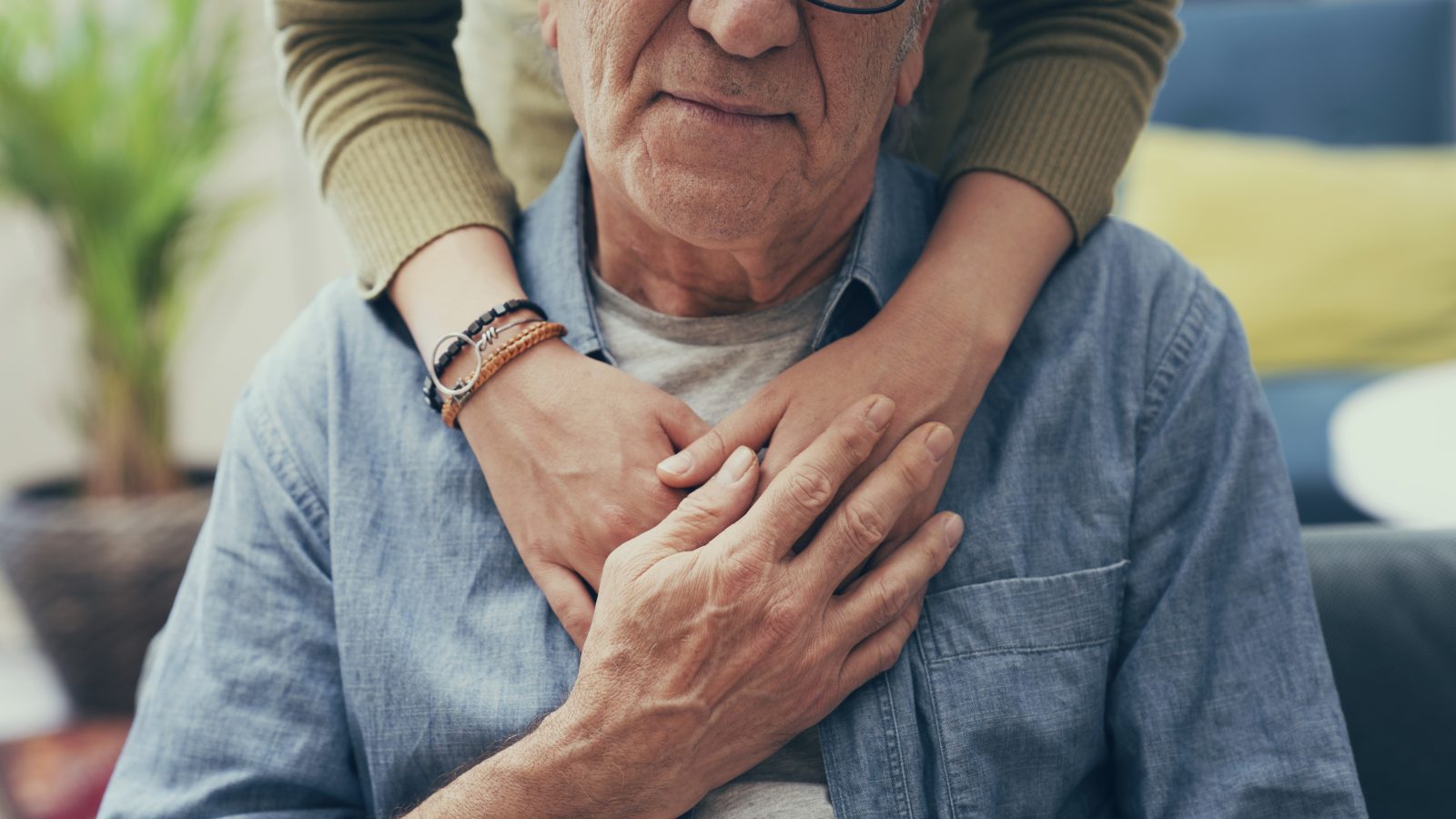Strokes, often seen as a health concern primarily affecting older adults, can impact anyone at any stage of life. The fifth leading cause of death and the leading cause of disability, strokes are prevalent and dangerous. In fact, every 40 seconds someone in the U.S. has a stroke. Recognizing the signs of a stroke before it happens is crucial for timely intervention and better outcomes.
The American Stroke Association explains that a stroke occurs when a blood vessel that carries oxygen and nutrients to the brain is either blocked by a clot or bursts. When that happens, part of the brain cannot get the blood and oxygen it needs, so it and brain cells die.
Knowing the signs of a stroke before it happens can save someone’s life and help prevent long-term disability. It’s especially important to learn stroke symptoms if you are caring for a person who is in a high-risk group, such as someone who has diabetes or high blood pressure. A stroke is always a medical emergency, and it can come on suddenly, at any time and any place.
FAST is an easy way to remember the signs of a stroke.
When you see these signs, you will know that you need to call 911 fast. FAST stands for:
F – Face drooping
One side of the face is drooping or numb. When the person smiles, the smile is uneven.
A – Arm weakness
One arm is weak or numb. When the person lifts both arms at the same time, one arm may drift downward.
S – Speech difficulty
You may hear slurred speech or notice the person is having difficulty speaking. The person can’t repeat a simple sentence correctly when asked.
T – Time to call 911
If someone shows any of these symptoms, call 911 right away. Call even if one or more symptoms go away. Make a note of the time the symptoms first appeared.
Beyond FAST, other symptoms you should know include:
•Sudden numbness or weakness of the face, arm, or leg, especially on one side of the body
•Sudden confusion, trouble speaking or understanding speech
•Sudden trouble seeing in one or both eyes
•Sudden trouble walking, dizziness, loss of balance or coordination
•Sudden severe headache with no known cause
In the event that you or a loved one experience a stroke, recovery support is available. SYNERGY HomeCare offers highly personalized levels of quality care as early as pre-discharge from the hospital, and our Stroke Recovery program specializes in supporting a recovery plan at home–the best place to be.
___________
SYNERGY HomeCare offers no obligation home assessments. Find a location near you or contact us to learn how we can help you have a safe and comfortable recovery following a stay in the hospital.



